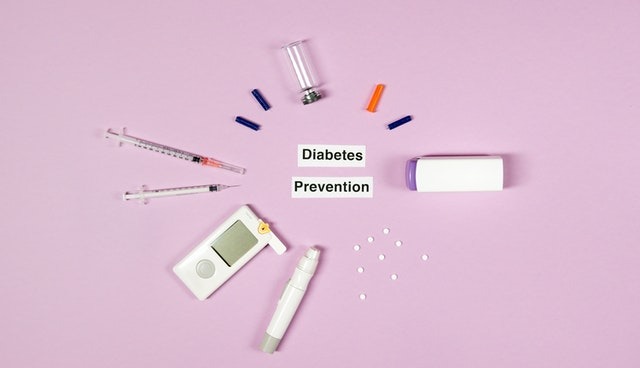A type 2 diabetes diagnosis usually takes place during adulthood and comes with several unpleasant symptoms, including tiredness, hunger, and weight loss. This is because the body isn’t producing or able to use insulin like usual. Unlike type 1 diabetes, it is usually caused by lifestyle factors, although genetics do also have an impact.
Hearing that you suffer from a chronic illness is never easy, but there are ways to help you manage. If you’ve recently been diagnosed with type two diabetes and you are not sure where to go from here, read on.

Monitor Your Glucose Levels
Monitoring your glucose levels is crucial, as this will help you figure out your lifestyle choices for the day. For example, if you discover your blood sugar levels are high, you can adjust what you eat to balance it out. It will also help you figure out the best lifestyle choices for managing your illness overall. For example, you might discover a certain food is a negative trigger, so you then know to avoid it.
Luckily, with an effective glucose monitoring system, you can track your glucose levels from anywhere. It’s convenient, compact, and connects to your smart device for easier tracking.
Educate Yourself About the Illness
A new diagnosis always requires research. The chances are after the initial diagnosis, you’ll be rushing home to read anything and everything on the subject! Try to be sensible with your Googling
Hey welcome to my blog . I am a modern women who love to share any tips on lifestyle, health, travel. Hope you join me in this journey!

Speak Your Mind